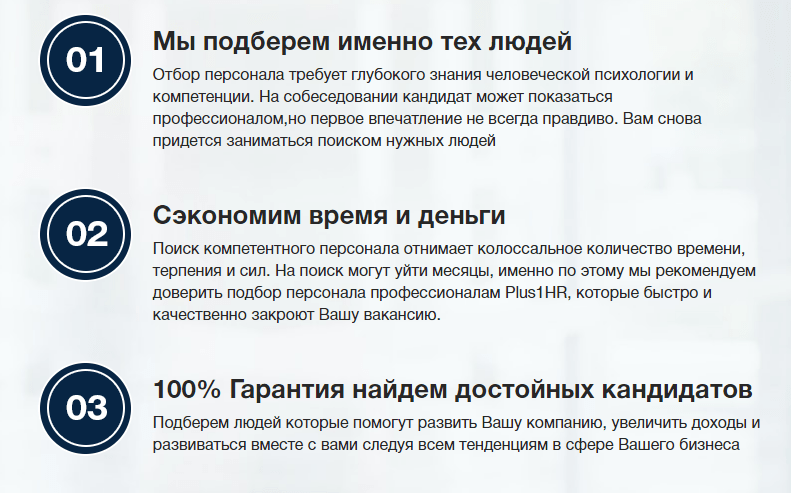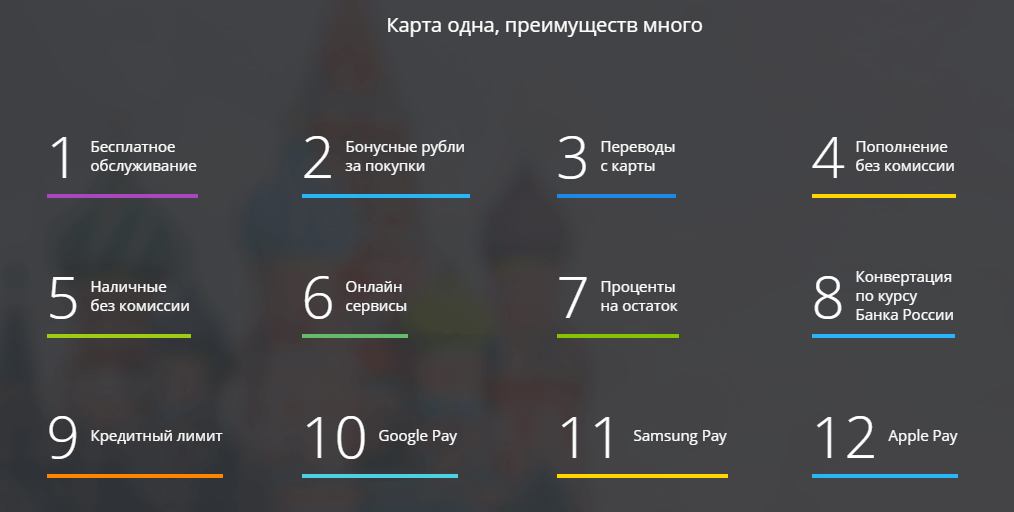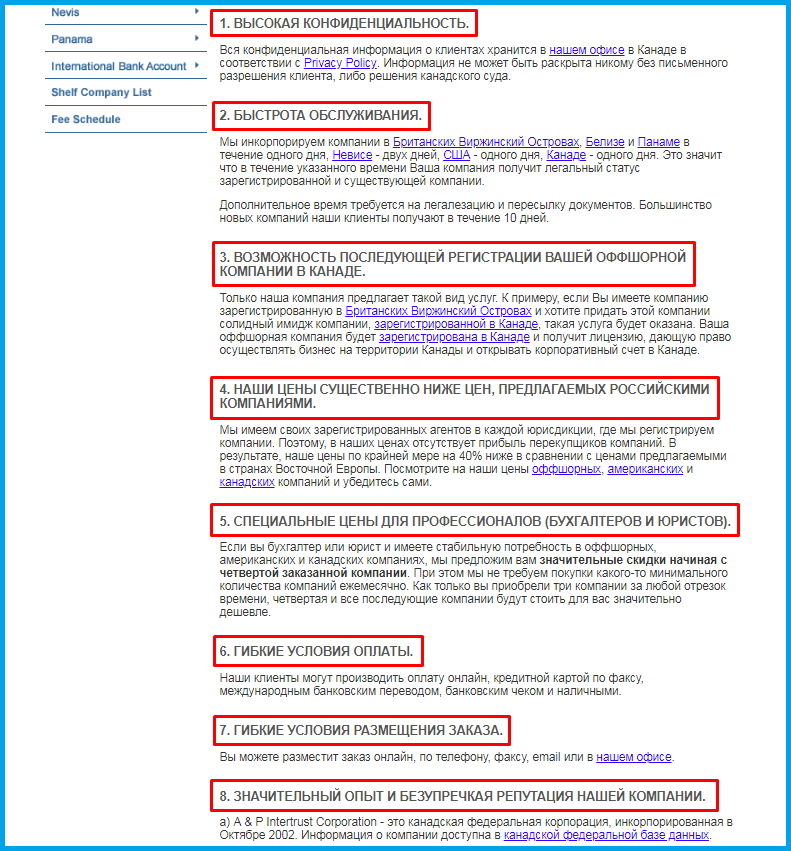Those who studied at the Faculty of Journalism or Philology know for sure that literary clichés are the scourge of modern media texts. But it was not always so. And not always a cliché in a text is bad, because it can act as an artistic device. But this is rather an exception.
It is possible and necessary to draw a parallel between the cliché in literature and copywriting: they really were once in demand, but have already outlived their usefulness and have no place in the world of selling and branded content. Because they do not carry any specifics. Because of them, the text loses its value and semantic uniqueness.
Vivid examples of literary cliches:
we carry out delivery;
one of the basic principles;
high professional level;
Individual approach to each client;
flexible system of discounts;
significant results, etc.
By copywriting cliches, we mean such approaches and methods of writing texts, which are still part of pages of various portals, but for thoughtfull and educated people, they cause irritation and a desire to leave the website as soon as possible.
In this article, we will list and describe which copywriting techniques should no longer be used when writing content for websites and why.
Imagine that you go to a website for the delivery of flowers, go to the section where they sell roses by the piece. And there they ask you from the very first words:
.png)
Or here's another example: you go to the website of a taxi to call a car. But the owner of the resource is not sure if this is what you came for, so they clarify just in case:
.png)
And a test case of how NOT to do it:
.png)
Now that the problem is clearly defined, let's explain where its legs grow from:
The copywriter doesn't know where to start. If the author is looking for the perfect opening word for a long time, then long reflections often end with a banal question at the beginning of a sentence. And no, they do not consider all users to be aimless travelers in the internet desert.
You need to use the keys. When a SEO specialist gives a list of keywords that should not be inflected (for example, “free animated shiny greeting cards”, then somewhere in the world one copywriter suffers. The use of interrogative sentences often saves novice copywriters from unreadable keys, because many customers require to enter the main keyword in the first 50 words.
If the site is not just informational, but specifically tailored for sales, then its content a priori should remove objections and be useful. What is the point of asking a visitor if they want to buy roses or a children's mattress? Of course they do! Why else would they go to such highly specialized sections?
Don't start the first sentence with a question, because it:
reduces the semantic uniqueness of the text for the reader and the search robot;
is annoying for many internet users (no one likes to feel like a fool);
increases the percentage of bounces (if a person sees that the text begins with a primitive question, then they quickly clos the page, since they understands that they will definitely not find the answer to this question here);
reduces the average pageview time (for the same reason);
indicates uninformative content from the first line.
Most people are not stupid, and they perfectly understand why they came to a particular site. Treat your potential buyers with respect: provide them with accurate and reliable information, give really useful advice, and not copy-paste from the Internet. Your efforts will certainly be rewarded in the form of increased trust in the company, an increase in the number of orders and profits.
If you are a customer
Does your current author trades with primitive questions at the beginning of the text like “Do you want to buy a table?”? Send them to the competitors, because such content will never sell you anything! And for yourself, order high-quality copywriting in a specialized studio or agency, where they know what selling texts are..
If you are an author
It is better to start the introduction with the client's problem: let them know that it is close to you and there are ways to solve it on this page. Do not ask if a man wants to buy flowers for his beloved, but describe what emotions she will experience and what gratitude she will express in response to the presented bouquet.
Bullying and pressuring pain is a very, very bad method. Especially if it is applied right in the headings. This is hate speech, and you need to build trusting communication with potential buyers.
Before your eyes, such headlines have probably flashed sometime on the pages of sites:
“If you don’t try this remedy, you will never get rid of back pain”;
“You can't have slender legs / flat belly without this tool.”
“Do not under any circumstances learn this sales method if you want to continue to live in poverty!”
“Insomnia will not go away on its own. Only this will help”
“Your hair will no longer fall out - remedy X will restore it once and for all”;
“You will not see profits until you decide to create a website”
“Eat more of this to prevent cancer” etc.
.png)
.png)
Headlines like these are intimidating, making a person feel flawed, making them want to take a fetal position and feel sad. Don't do that to potential buyers.
Such words force you to remember your pain or problem. Someone might think: “This is the bait with which we will now start to reel in clients one by one! How can we describe to them the advantages of our miracle remedy! ”. But no. A person clings to the headline with their gaze, and if it is repulsing, seems hostile, then there is a high probability that this exciting reading will end without starting.
Remember: bullying is nothing but annoying, especially if the weight of your arguments is less than the weight of the smoke from the chimney.
If the product is really good and is able to solve the problem for which it was created, then unambiguously research has been carried out to confirm its effectiveness. Therefore, it is better to use statistics. "Shampoo X: 98 out of 100 women have reported reduced hair loss."
It's good if the headline is built around the benefits, properties, and characteristics of your product or service. The user immediately understands what will be discussed, which increases the chances of reading the material.
The point is that many sites give the most common products the most incredible qualities, backing them up with untrue or just fictitious promises. How it looks in practice:
“A remedy that will cure fungus in one day!”
“Slimming underwear that will make you 2 sizes slimmer!”
“Just one pill - and you say goodbye to joint pains!”
.png)



Taken together, it looks like the page of a low-grade yellow-striped Internet publication.
Earlier such headlines and loud phrases were found everywhere. And they worked. And people bought. Because they believed, because there was still hope in them.
Now Internet users are no longer fooled by empty promises, they have become more aware and at a glance distinguish between possible truth and pure fiction. Give them arguments, but more convincing.
Because headlines like that don't sell anymore. This is the very case when it is too much, over the edge, etc. Such wording discourages and reduces the credibility of the site.
It's simple: tell the truth. But if it looks unattractive, use comparisons with similar methods / products, highlight their flaws.
For example, a SEO promotion service. What can you say here? You will see the first significant results in at least six months ... A so-so wording to convince you to order a service, do you agree? But if it is profitable to describe what positive changes will occur for the website and for the business during these six months, and also why other methods cannot give anything similar, the picture in the reader's head is filled with colors and meaning.
Let's start right away with bad examples:

Hmm ... just three benefits? This is probably a bad company.

And then there are as many as 12 advantages! It is immediately clear that the company is a leader in its niche!

8 benefits? Not bad. But I'll look for more.
I don’t know what copywriters are thinking or imagining when naming the advantages through a numbered list, deliberately giving them visual limitation. Why only 5 benefits? And if I counted 7 at your competitors, it turns out they are better?
Remember: you must remove objections and respond with text to possible questions from a potential client, and not generate more of them.
The benefits presented by a numbered list are the inheritance of the old school copywriting. Yes, it was once considered cool, just like Flash sites were 15 years ago. But within the framework of common sense and modern design of Internet resources, such a presentation of the company's merits looks both stupid and ridiculous.
It is not necessary to deliberately limit the number of your advantages by putting down 1,2,3,4 ... And so it is clear that they are quantifiable. Numbers significantly affect a person even on a subconscious level, not to mention thinking about them. If you have only three advantages, it will look very poor on the page.
Have something to tell?
Tell us using a bulleted list.
Indicate the benefits with a decryption, each on a new line.
Highlight key benefits in bold to make them stand out.
For some reason, many customers and copywriters believe that the verbal ascension of the company almost to Olympus will allow them to receive even more applications and calls. Especially if you use “hackneyed” phrases (stamps and cliches) for this.
Alas, it does exactly the opposite. Let's look at what phrases are often found in average online stores when listing the company's advantages:
Market leader
Leading manufacturer
The best conditions for cooperation
The best specialists
The best solution
Rich practical experience
Profitable terms
Guaranteed result
Have you already introduced this “team of professionals” and what “high quality service” will it provide? It is inconceivable what exactly is meant by all these vague characteristics.
Why are these phrases bad? They are not specific:
Market leader based on what research? Are you sure you have over 40% market share in your industry?
What are the best conditions for cooperation? Are they better than whose?
How many years is rich practical experience?
About the use of such wording on websites:


And in the screenshot below, apparently, they think that the use of modern materials and technologies is an innovation that should be taken as an advantage. Have you personally seen for a long time medieval tools for processing material and erecting a building?
.png)
It goes without saying that the work should be performed by people with the appropriate qualifications and with high quality, using modern materials (others, in fact, are not on sale now).
And then – the best one: the benefits written in a "sheet", through a numbered list, and even template phrases for the most part are used!
.png)
Well, the time has come. You are ready. Meet the unrecognized leader among convincing phrases from the series “Why order from us”:
.png)
I'm sorry, what?
.png)
Forgive me, I must have dreamed ...

Ahh. It is clear now.
Question one: "Seriously, cap?"
Question two: "For who else can you work, by selling women's underwear or providing notary services?"
Discarding emotions, it is worth listing the situations when the above phrases and the like are used:
You cannot articulate what benefits the client will receive from working with you.
You do not have any significant advantages over your competitors (but, most likely, the problem is in point 1).
The author does not consider it their duty to write high-quality content, hoping that it will work out anyway. They write “we make delivers” instead of “deliver”, “have been dealing” instead of “sell” to artificially increase the volume of the text.
For example, “We work for people” is a completely unnecessary and useless expression that in no way characterizes a company as reliable and responsible. It does not carry any specific information, which, again, reduces the value of the content.
Remember: such words and expressions are no longer in vogue, they will never convince anyone to buy something from you.
The worst is when clichés, templates and songs of praise are present in the advertising texts for the media, which many companies write as part of contextual promotion. It’s like face straight into the mud.
All significant achievements of the company should be clearly formulated and placed in the "About Us" section, the most important thing should be left on the main page. If some text is supposed to be in a section or category, you should not describe there how cool you are. It is better to describe the presented product line and give useful information / recommendations for its selection. You can complete the block by listing the benefits to the client. But not through your advantages, but through the benefits for the buyer. Only in this case, the text will not only optimize the page, but also persuade the visitors to buy.
An illustrative example:

And the most important thing: you don't need to write that you work for the people. Never. If your activities are carried out on planet Earth, this is implied by itself. Unless, of course, you work for the FBI in the X-Files division ...
In total, we have at least 5 techniques that are abused by unscrupulous and inexperienced copywriters. And sometimes they are used by both experienced and conscientious ones, if they know that they will not be caught in "black" deals (for example, the customer has no idea what the semantic uniqueness is or that the text starting with a primitive question increases the percentage of bounce rates and reduces the average time page view).
These tricks work like a wormhole in an apple - it looks both tasty and red-sided, but you don't want to eat it. It's the same with texts: they may be fine on their own, but boilerplate expressions and outdated approaches to writing content make them almost unusable for the Internet users. And, of course, they are not held in high esteem by search engines. Therefore, in order to give a good technical assignment to a copywriter and get a high-quality text, it is worth considering all of the above templates.
The effectiveness of interaction with such a copywriting product is minimal, as well as its business benefits. Therefore, avoid using these techniques and learn to expose them if you are the customer.
Leaders in the IT market |
| 14+ years of experience and innovative solutions to help your business stand out and grow. |
Inspiring portfolio |
| 150+ successful projects: from sleek landing pages to complex corporate systems. |
Team of experts |
| 51+ professionals who bring your ideas to life with maximum efficiency. |

| NOTORIUM TRADEMARK AWARDS |
| Notorium Trophy 2017, Notorium Gold Medal 2018, Notorium Gold Medal 2019 |

| TRADE MARK OF THE YEAR |
| Gold Medal 2016, Gold Medal 2017, Gold Medal 2018, Gold Medal 2019 |

| THE BEST EMPLOYER OF THE YEAR |
| According to the annual Survey conducted by AXA Management Consulting - 2017, 2018, 2019 |